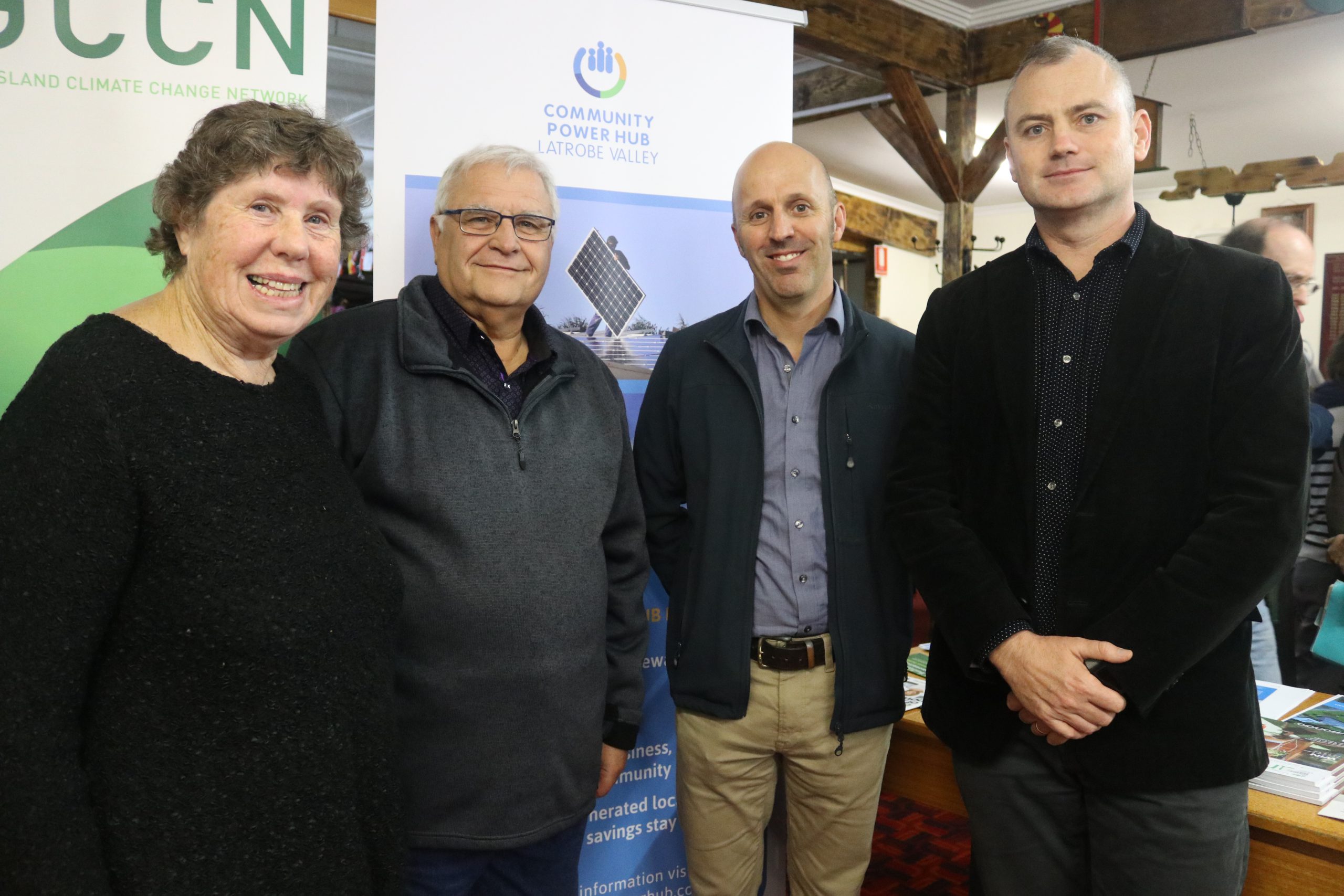A major coal-to-hydrogen plant for the Latrobe Valley that is dependent on carbon capture and storage is not economically viable is unlikely to get off the ground, according to a Melbourne University energy expert.
Melbourne University Climate and Energy College senior energy advisor Simon Holmes a Court was in Morwell on Wednesday speaking at a clean energy transition forum run by Environment Victoria.
Mr Holmes a Court was referring to the recently announced $500 million Hydrogen Energy Supply Chain project, which would produce three tonnes of hydrogen to ship to Japan and start operating in 2020.
If the one-year trial is successful, it could move to full commercialisation.
But the project relies on carbon capture storage off Bass Strait, currently being investigated by CarbonNet.
However, the HESC test trial will run without CCS and will create emissions equivalent to 20 cars.
“I bet 100-to-one that in 2030, CarbonNet will be nothing more than a folder of permits and seismic studies off the coast,” Mr Holmes a Court said.
“I think this project is going ahead for more geopolitical reasons. Japan wanted to do to this and it would look bad if Australia said no when a lot of money is going to be invested in Australia.”
Mr Holmes a Court said similar carbon capture projects around the world were flops with significant costs that outweighed the benefits.
He cited a coal-to-synthetic gas project in the US that cost $7.5 billion dollars and was abandoned after just 100 hours of operation, after taking a decade to build.
“[The Latrobe Valley] project is using similar technology. It’s a known process that is incredibly expensive just to create three tonnes of hydrogen,” he said.
“Carbon capture in Victoria is at least 10 to 15 years away – if ever. There are so many low-probability stage gates for this project to progress to full scale operation.”
Coal Resources Victoria director Jane Burton was confident that CarbonNet would be ready if the HESC trial went into commercialisation.
“CarbonNet is progressing and is on track to get an injection licence in the 2020s. The plan is for the two projects to run together,” Ms Burton said.
“This project will put the whole supply chain together.”
CarbonNet carried out marine seismic testing at Golden Beach in February to test the geological suitability for CCS.
Ms Burton said they were undertaking data assessments and offshore appraisals to further understand the underlying geology of the area.












